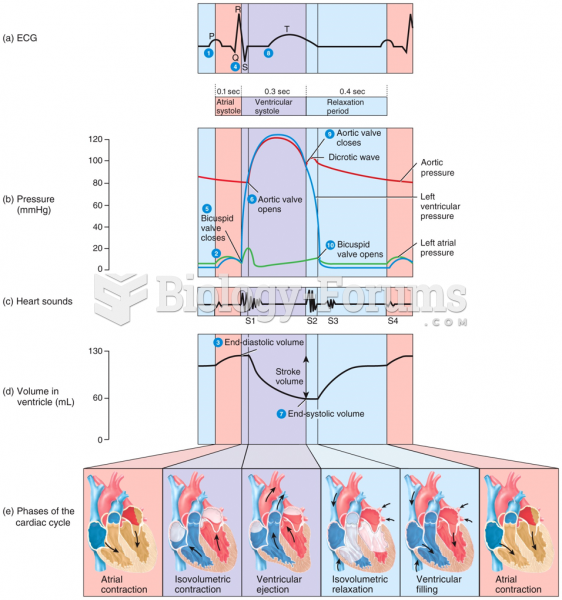|
|
|
Did you know?
Of the estimated 2 million heroin users in the United States, 600,000–800,000 are considered hardcore addicts. Heroin addiction is considered to be one of the hardest addictions to recover from.
Did you know?
People with high total cholesterol have about two times the risk for heart disease as people with ideal levels.
Did you know?
Approximately one in four people diagnosed with diabetes will develop foot problems. Of these, about one-third will require lower extremity amputation.
Did you know?
No drugs are available to relieve parathyroid disease. Parathyroid disease is caused by a parathyroid tumor, and it needs to be removed by surgery.
Did you know?
Bacteria have been found alive in a lake buried one half mile under ice in Antarctica.
 Cerebral angiography. The four angiograms each reveal the distribution of blood vessels supplying th
Cerebral angiography. The four angiograms each reveal the distribution of blood vessels supplying th
 Photograph of the flea that transmits Yersinia pestis to cause bubonic plague, called the oriental r
Photograph of the flea that transmits Yersinia pestis to cause bubonic plague, called the oriental r





